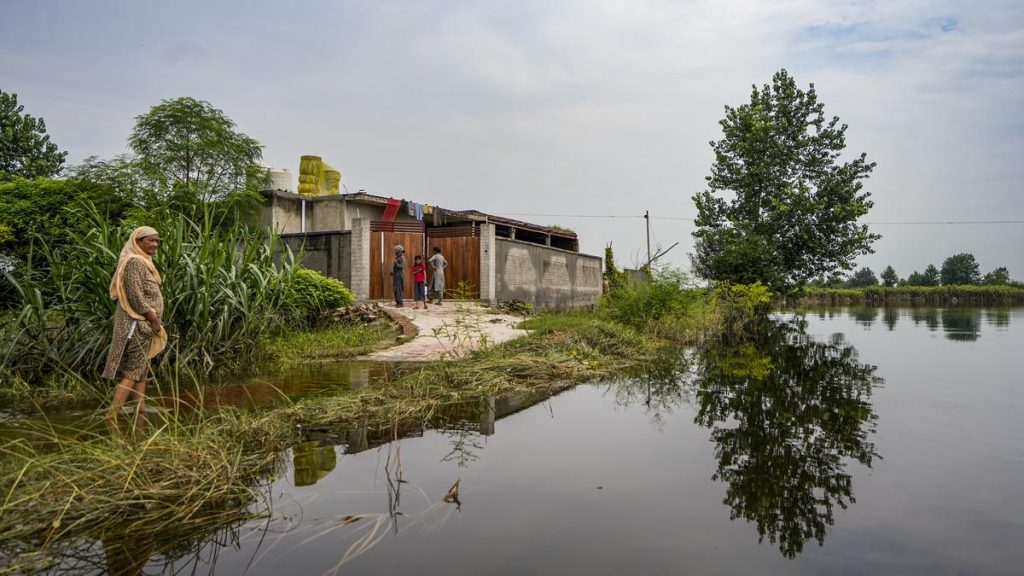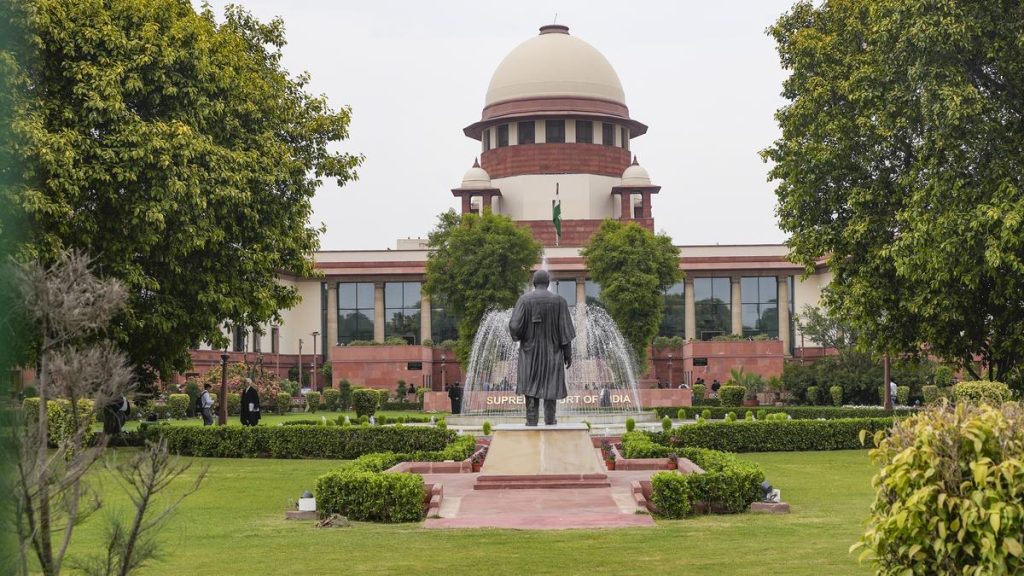Now Reading: Forum Urges Establishment of Govt Medical Colleges in Vijayapura
-
01
Forum Urges Establishment of Govt Medical Colleges in Vijayapura
Forum Urges Establishment of Govt Medical Colleges in Vijayapura
Speedy Summary
- Teh Vijayapura Government Medical College Agitation committee opposes the Karnataka government’s plans to establish a Public-Private-Partnership (PPP) model medical college in Vijayapura district.
- A resolution was passed demanding full government funding and operation of the medical college, citing existing infrastructure in Vijayapura such as hospitals and land.
- Arvind Kulkarni, convenor of the committee, announced protests starting September 9 and said a delegation would meet CM Siddaramaiah to submit their memorandum.
- Opposition leaders include Minister Shivanand Patil, BJP representatives appu Pattanshetti, and Arun shahapur. Left-wing leader Annaraya Iligeri criticized PPP models as inaccessible to poor students.
- Various groups such as student bodies (ABVP & AIDSO), farmers’ organizations, labor unions, senior citizens’ associations, and political figures like Bhagwan Reddy of AAP have pledged support for a purely government-run medical college.
- State officials proposed PPP colleges with 50:50 investment models involving private agencies in staffing and operations but utilizing government infrastructure.
- Critics say PPP colleges could increase costs for students; supporters argue they may run more efficiently if regulated properly.
Indian Opinion Analysis
The debate surrounding the establishment of PPP model medical colleges reflects deeper concerns about accessibility and affordability in India’s higher education system. Grassroots opposition from diverse segments-students, opposition parties, unions-highlights apprehension that privatization might disproportionately harm underprivileged groups by raising fees or creating disparities in education quality. While leveraging public-private partnerships may offer operational efficiency benefits when well-regulated-as some proponents suggest-the inclusion of profit motives within essential services like education remains contentious.
The situation calls for careful balancing between innovation and public interest obligations. For Karnataka specifically-and India broadly-the decision must weigh long-term developmental goals against immediate equity concerns since affordable access to healthcare professionals is critical for both rural advancement efforts and broader health sector welfare.
Read more: The Hindu























